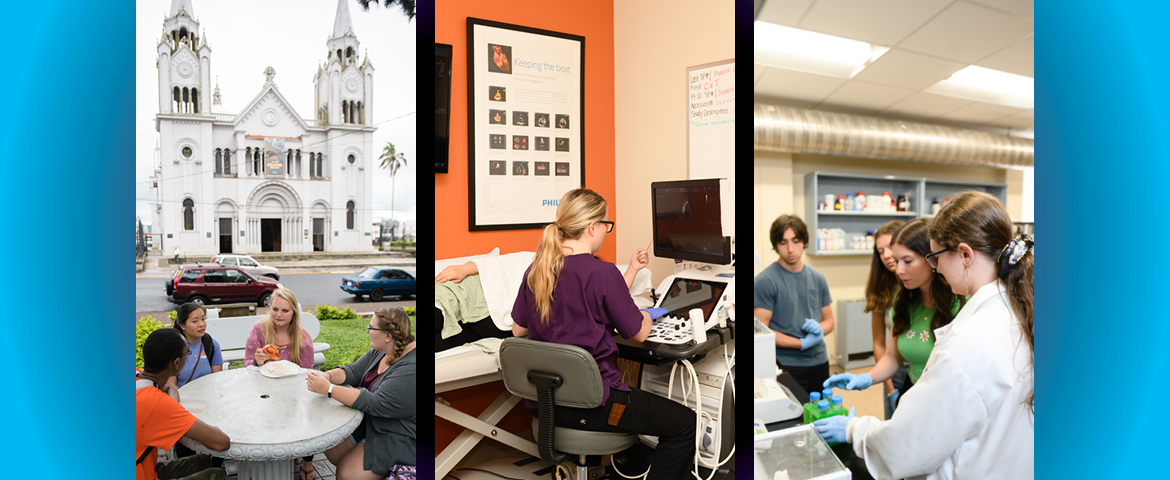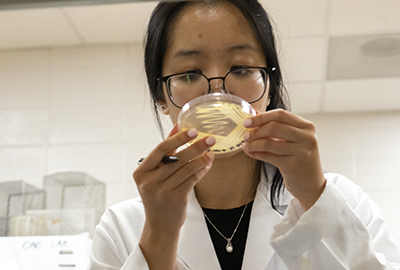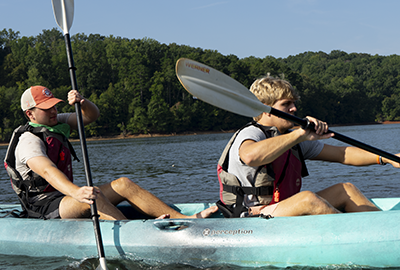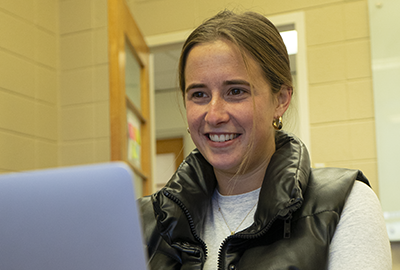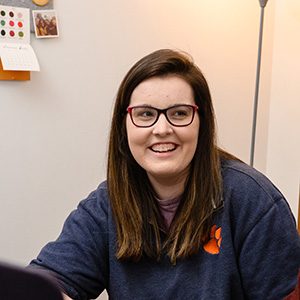What is Experiential Learning?
ExL activities are those that take the student beyond the traditional lecture learning experience and bring the content to life by exploration/discovery, creation of tangible or intangible works, honing skills, or clarifying values (Kolb, 1984).
The purpose of experiential learning
Research demonstrates participation in ExL can lead to:
- Enhanced learning
- Acquisition of transferable skills (for example: leadership, communication, problem solving, critical thinking)
- Acquisition of specific, discipline-related skills
- Improvement of academic performance
- Greater success post-graduation
- Enhanced overall student experience

Experiential Learning Stories
“One of the reasons that I love Clemson’s program is that you have a hands-on experience in your first year. That’s one of the things that drew me to Clemson. In almost every major, you get in your field right away and get a taste of it one way or another. It helped me realize this is what I actually want to do.”
Abby FleigSecondary Education and History ’22
“Experiential Learning is so critical in positioning students for success in the marketplace. Having partnered with real-world global, national, and regional clients in my classes, I see the impact these hands-on applications make in bringing theory and textbook information to life! Not only do students develop meaningful skills they can apply in the workforce, they are also about to lean on these experiences in interviews and strengthen their resumes.”
Michele CauleyProfessor-of-PracticeWilber O. and Ann Powers College of Business
Student Stories
Have you collaborated with Clemson faculty on groundbreaking research, taken a course where you produced a final report for an external company, or gained real-world experience through hands-on learning?
Share your CU-ExL experience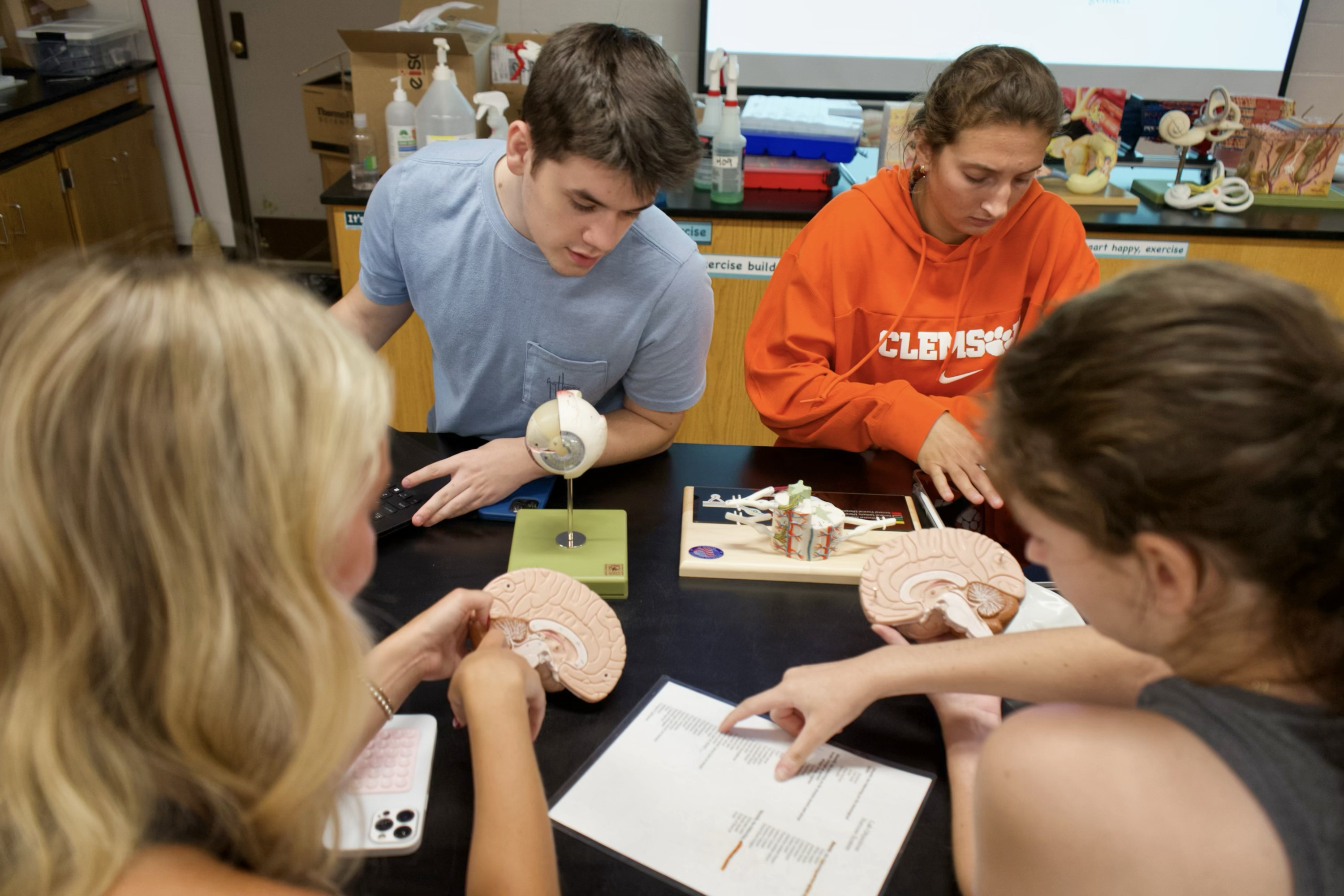
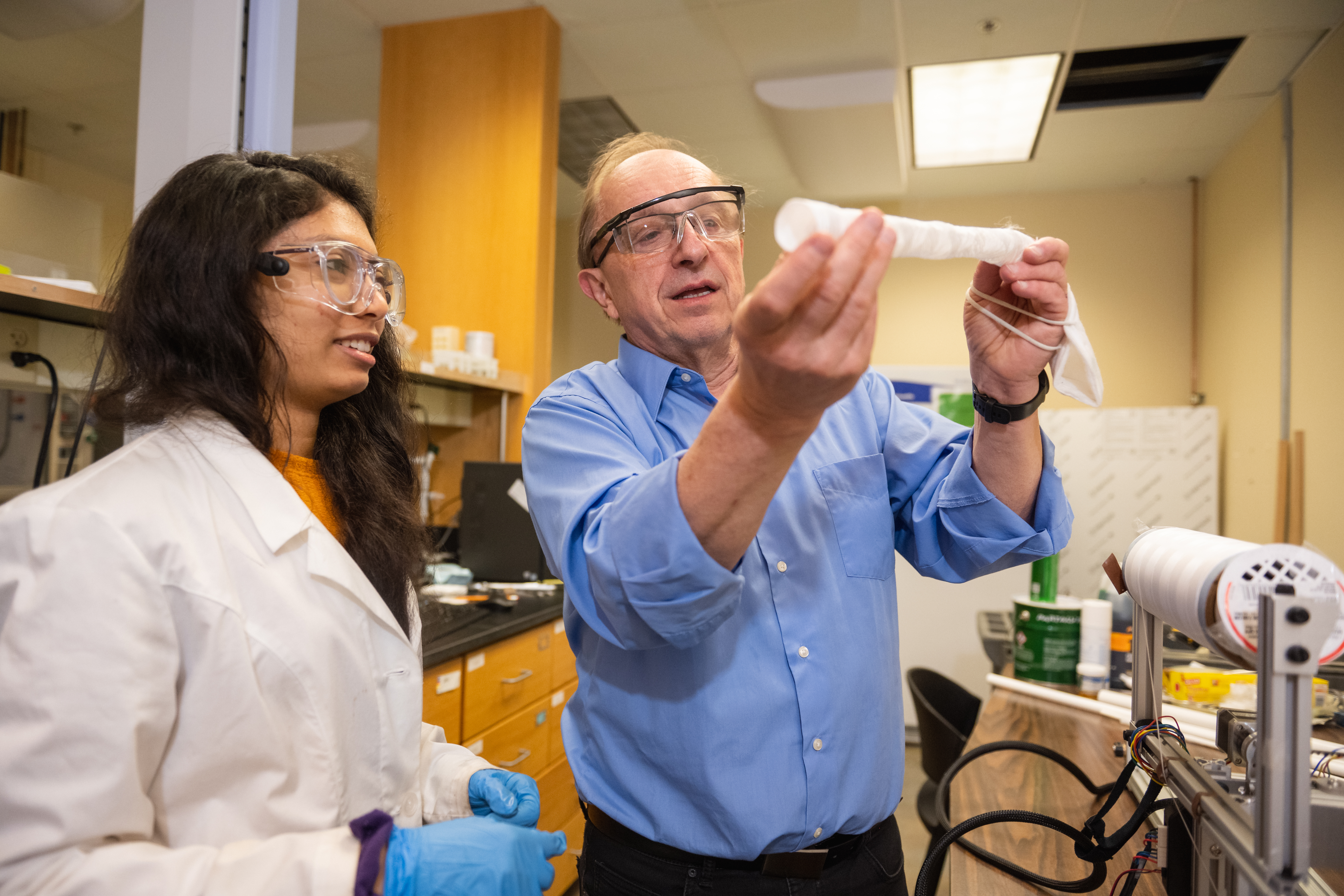
Faculty Stories
Are you currently teaching an undergraduate course featuring experiential learning?
Feature your CU-ExL course